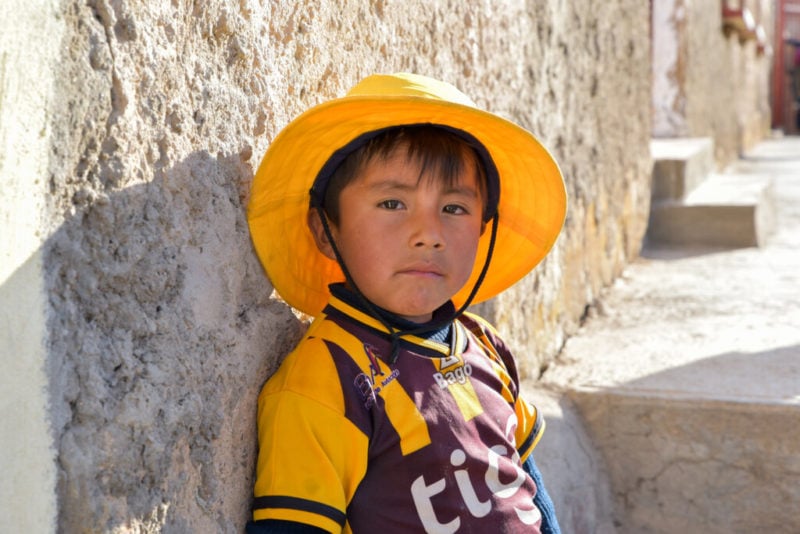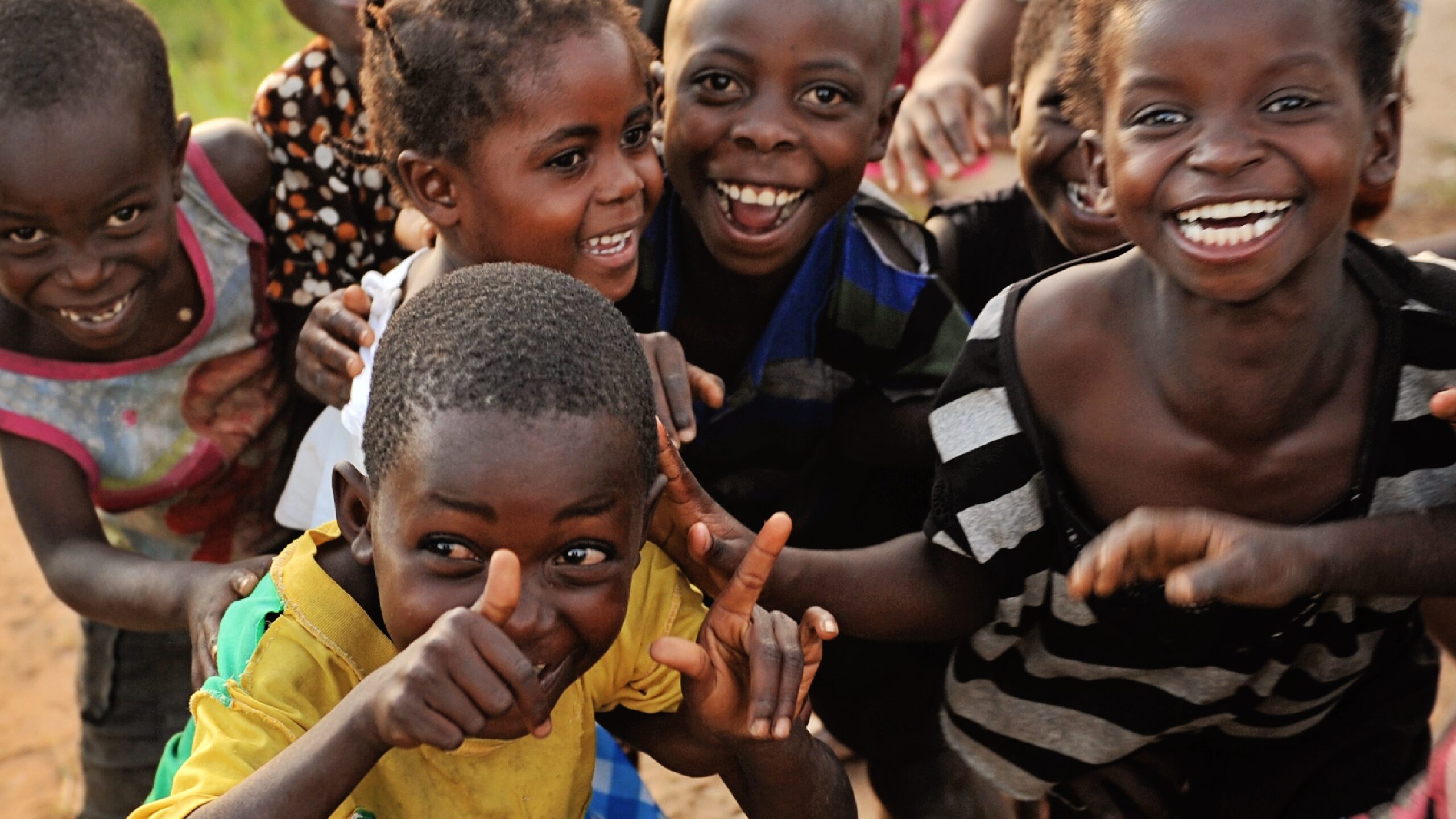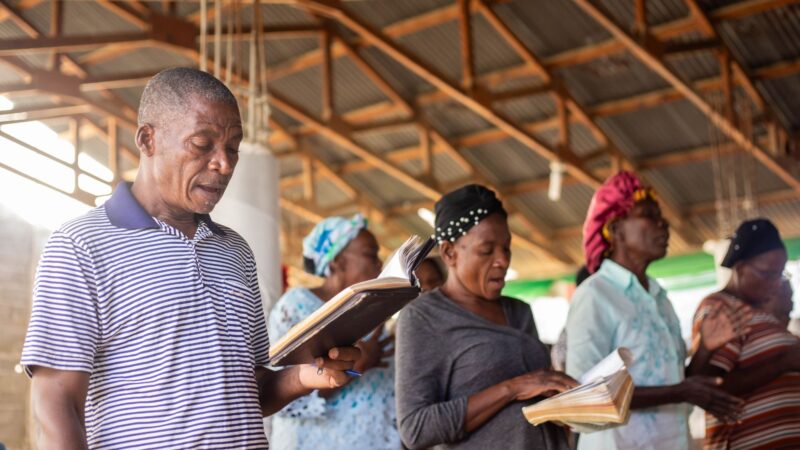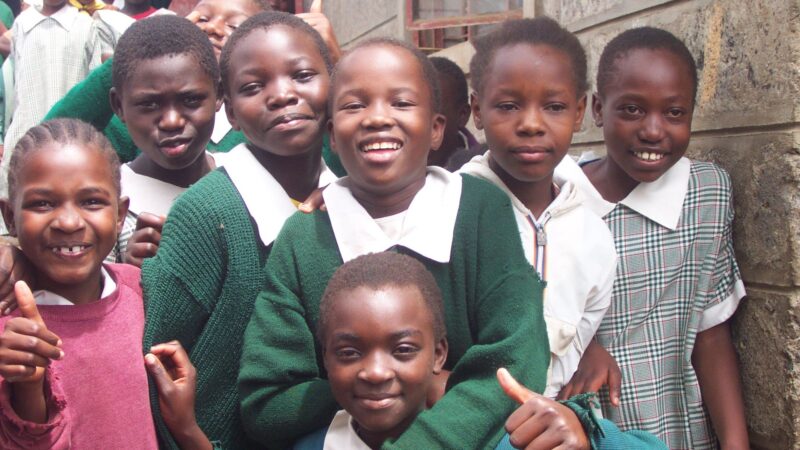Cochabamba, April 2, 2020 (updated stats as of April 7)
Bolivia’s first two COVID-19 cases were diagnosed on March 11. Before that, neighboring countries were already beginning to report cases, but the Bolivian population continued its normal activities. Of those first two cases, one was in Santa Cruz and the other in Oruro (where several Bright Hope partner churches are located). The mayor of Oruro immediately decided to close the entrances and exits to the city and decreed a severe quarantine.
Currently, Bolivia has 183 confirmed cases and 11 deaths (as of April 7). Santa Cruz is the Bolivian department with the most cases, followed by Cochabamba. The city of Oruro presents an exemplary situation: after reporting the first positive case in the country, the number rose to 8 positives and then stopped. It has been 10 days without new cases in that city, and of the 8 positives, three patients are recovering very favorably and will be officially discharged this weekend.
Although COVID-19 cases are few compared to the situation in other Latin American countries, the pandemic has still shown Bolivia’s great lack of medical infrastructure and medical specialists at the national level. Despite the great economic boom the country experienced under recent, previous leadership, the government’s investment in health and medical equipment was minimal, preferring to build soccer fields over hospitals.
The interim president of Bolivia, Janine Añez, imposed a total quarantine in Bolivia on March 22, but after four days of seeing that many residents did not comply, she announced, effective March 26, that tougher restrictions would be enforced:
- The entire population must stay at home.
- Each person (over 18 and under 65) can go out only once a week, on a day established according to the last digit of their ID, and must go out only to stock up on food and medicine.
- On Saturday and Sunday, no one can be on the streets. People who fail to comply with these measures will go to prison for 8 hours. All these mandates will last until April 15.
The Impact of COVID-19 on Bright Hope Partner Churches
Since March 15, church gatherings have been banned and schools, institutes and universities are closed. Prior to this, the population in large cities stocked up on face masks, hand sanitizer and disinfectants. Churches such as La Roca in El Alto (a Bright Hope partner church) purchased large quantities of these items to distribute among church members and families receiving support through the church’s children’s care center.
Los Amigos Church, in Riberalta, which has an acai berry microenterprise project, used last quarter’s profits to buy large quantities of food and distribute it among the families of its community. Communities like this, which are far from the cities, have great difficulties stocking up on supplies.
The ban on public gatherings and events was taken as a hard, but necessary, blow to pastors and church leaders. All of them are organizing themselves to carry out activities through the internet that will allow them to maintain contact with church members and families. Most pastors are concerned that their personal and church income will be diminished by quarantine, but they remain confident that God will provide in the midst of need.
Please be praying that they will see God’s incredible hand of provision and protection to be seen in Bolivia at this time.
To view other, urgent prayer requests from our partner churches and communities, visit our Prayer Wall.
To view or download our free booklet about why developing nations may be hit the hardest by COVID-19, click here.




